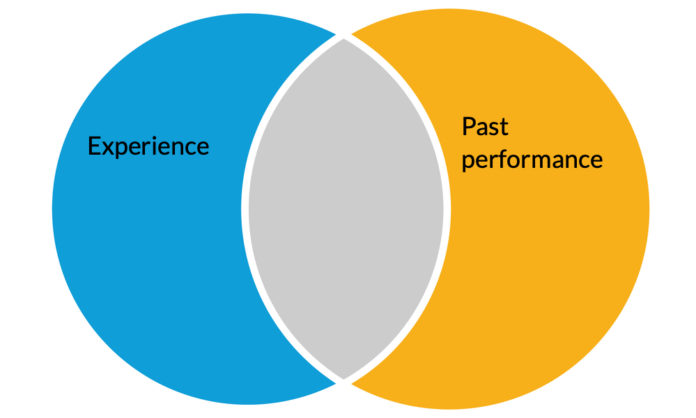Protest objecting to the evaluation of proposals is denied. The protester challenged strengths and weaknesses assigned to its proposal. GAO found that the strengths and weaknesses assigned were reasonable. The protester argued that the agency could not have reasonably assigned the awardee a good rating under an experience factor while also assigning the awardee a neutral rating under the past performance factor. But GAO reasoned that experience and past performance are different concepts that focus on different aspects of past work. It’s conceivable that a contractor can have experience while lacking relevant past performance.
The Department of Veterans Affairs posted a solicitation seeking a community-based outpatient clinic. The VA received proposals from Primary Care Solutions, Inc, (PCS) and Clinovators, LLC. The VA selected Clinovators’ lower-priced proposal for award. PCS protested.
PCS complained that the VA erroneously identified weaknesses in its proposal and failed to identify a strength associated for the company’s accreditation. GAO found that the evaluators had identified several weaknesses in PCS’s proposal, but the SSA had negated most of those weaknesses. GAO reasoned that one weakness remaining—for failing to describe the safeguarding of medication—was warranted. PCS had not provided procedures for accountability and safeguarding of medication. As to the accreditation, GAO found that contrary to PCS’s contentions, the VA had assessed a strength for the company’s accreditation.
PCS also alleged that the VA disparately evaluated proposals under the experience subfactor. Both PCS and Clinovators had received good ratings under the experience subfactor. But PCS claimed that Clinovators did not merit a good rating because, compared to PCS, it was experienced as evidenced by the neutral rating Clinovators received under the past performance factor.
GAO did not find any disparate treatment. PCS had not shown that the VA had treated offerors unequally. Specifically, PCS had not demonstrated that Clinovators received credit or that PCS was penalized for an aspect of their proposals that was the same.
Moreover, Clinovators’ neutral past performance rating did not preclude it from receiving a good rating under the experience subfactor. Experience is distinct from past performance. Experience focuses on the degree to which an offeror has actually performed work while past performance focuses on the quality of that work. Here, the record showed that Clinovators had included information in its proposal required for a good rating under the experience factor. The VA also reasonably concluded that Clinovators lacked relevant experience under the past performance.
The RFP included FAR 52.212-1, which encourages offerors to submit multiple offers presenting alternative terms and conditions. In accordance with this provision, PCS submitted an alternate price proposal. The VA, however, did not consider the alternative proposal. PCS contended that the failure to consider its alternate proposal was unreasonable.
GAO was not persuaded. The RFP instructed offerors to submit prices using the pricing schedule included in the solicitation. PCS’s alternate proposal did not stick to the CLIN’s in the solicitation’s schedule but instead created its own CLIN structure. The VA reasonably declined to consider the alternate price proposal.
PCS is represented by John A Knab of Foster Garvey. The intervenor, Clinovators, is represented by Michelle E. Litteken, Kelly Kroll, and Andrew J. Mohr of Morris, Manning & Martin, LLP. The agency is represented by Deborah K. Morrell of the Department of Veterans Affairs. GAO attorneys Charmaine A. Stevenson and John Sorrenti participated in the preparation of the decision.




